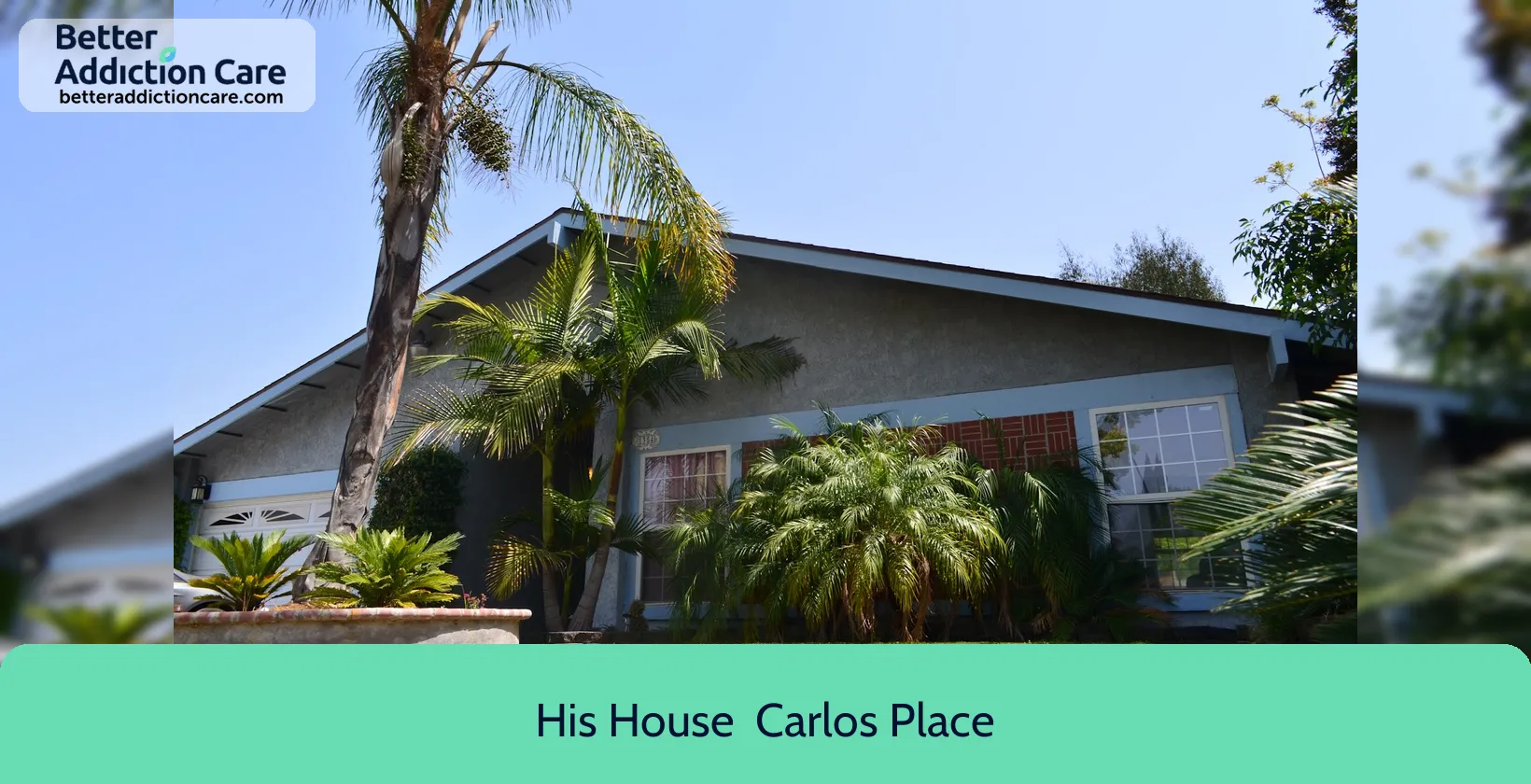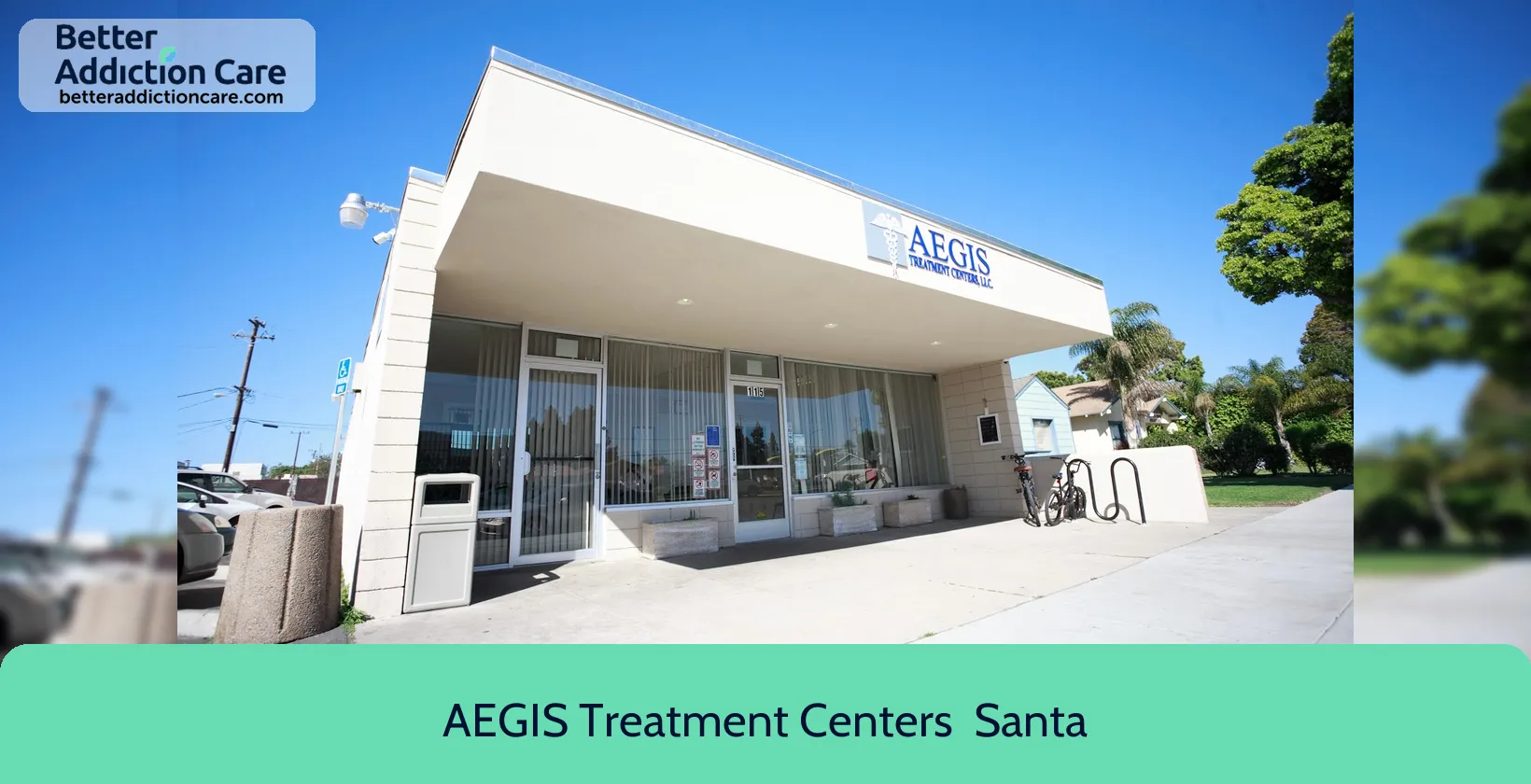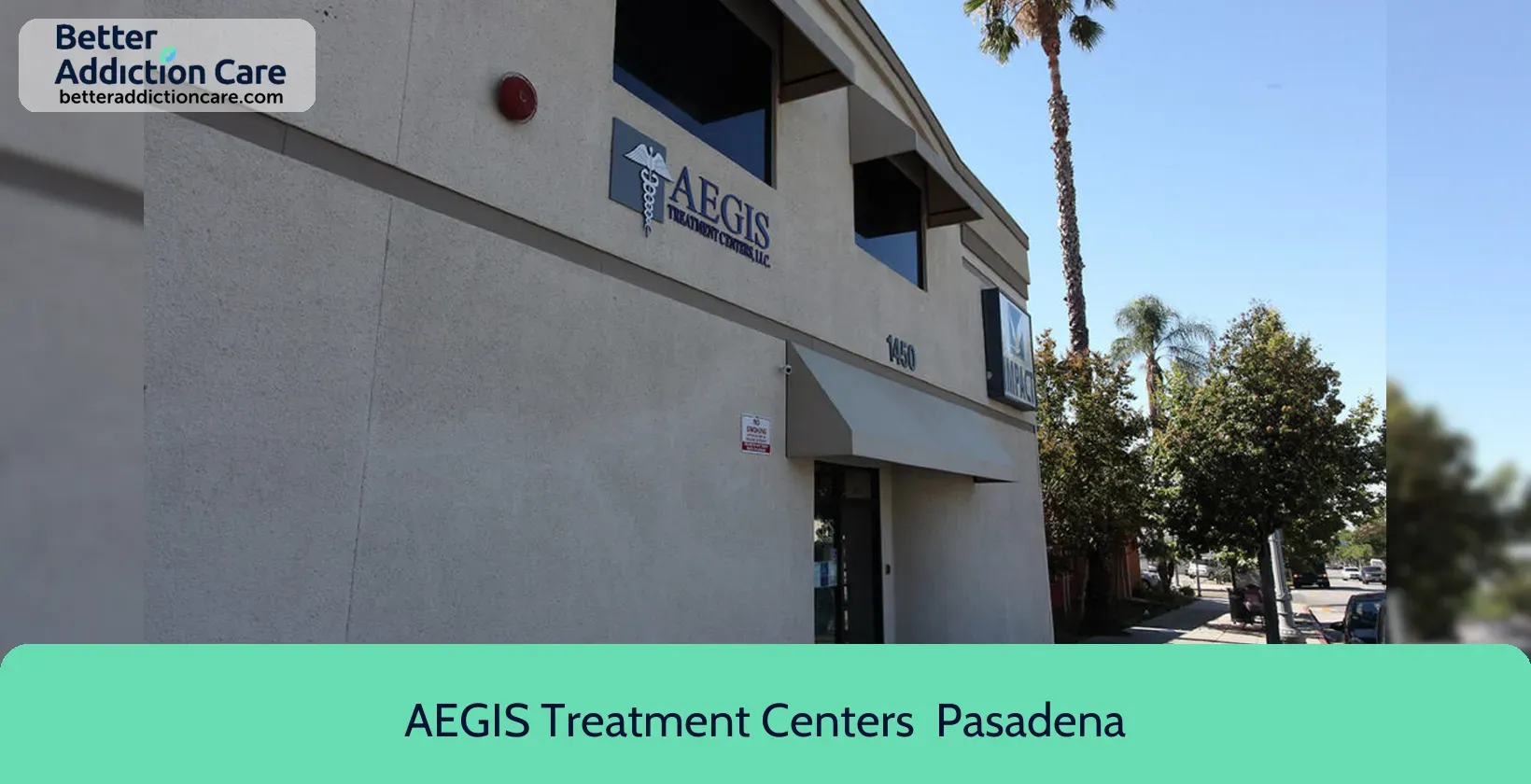AEGIS Medical Systems - Ontario

Overview
AEGIS Medical Systems - Ontario is an accredited substance abuse treatment center that provides outpatient detoxification, for men and women from 18+ years of age. As part of their special programs, AEGIS Medical Systems - Ontario To help patients achieve sobriety, AEGIS Medical Systems - Ontario provides intake assessments. Afterward, patients receive 12-step facilitation, individual psychotherapy, and group counseling during treatment. AEGIS Medical Systems - Ontario is located in Ontario, California, providing treatment for people in San Bernardino County, accepting cash or self-payment, medicaid, and private health insurance.
AEGIS Medical Systems - Ontario at a Glance
Payment Options
- Cash or self-payment
- Medicaid
- Private health insurance
- State-financed health insurance plan other than Medicaid
- Aetna
Assessments
- Comprehensive mental health assessment
- Comprehensive substance use assessment
Age Groups
- Young adults
- Adults
Operation
- Private for-profit organization
Highlights About AEGIS Medical Systems - Ontario
6.95/10
With an overall rating of 6.95/10, this facility has following balanced range of services. Alcohol Rehabilitation: 8.00/10, Drug Rehab and Detox: 6.31/10, Insurance and Payments: 6.40/10, Treatment Options: 7.09/10.-
Alcohol Rehabilitation 8.00
-
Treatment Options 7.09
-
Insurance and Payments 6.40
-
Drug Rehab and Detox 6.31
Accreditations
SAMHSA certification for opioid treatment program (OTP):
SAMHSA's Opioid Treatment Programs (OTPs) accreditation is a rigorous recognition process that signifies an OTP's commitment to providing high-quality care for individuals dealing with opioid use disorders. It assures patients, families, and the community that the program adheres to evidence-based practices, employs qualified staff, and maintains a safe treatment environment. This accreditation is a symbol of quality and accountability, offering confidence in the program's ability to support individuals on their path to recovery from opioid addiction.
State department of health:

Government agencies issue State Licenses, granting rehabilitation organizations permission to operate their businesses legally within specific geographic regions. The licenses needed for legal operation are typically determined by the type of rehabilitation program offered by a facility and its physical location.
Treatment At AEGIS Medical Systems - Ontario
Treatment Conditions
- Mental health treatment
- Alcoholism
- Opioid Addiction
- Substance use treatment
- Co-occurring Disorders
Care Levels
- Detoxification
- Aftercare
- Outpatient
Treatment Modalities
- 12-step facilitation
- Individual psychotherapy
- Group counseling
- Family counseling
- Marital/couples counseling

Additional Locations
Get Help Now
Common Questions About AEGIS Medical Systems - Ontario
Contact Information
Other Facilities in Ontario

6.53

6.96

7.23
DISCLAIMER: The facility name, logo and brand are the property and registered trademarks of New Creation Addiction Treatment Center - Her House, and are being used for identification and informational purposes only. Use of these names, logos and brands shall not imply endorsement. BetterAddictionCare.com is not affiliated with or sponsored by New Creation Addiction Treatment Center - Her House.


